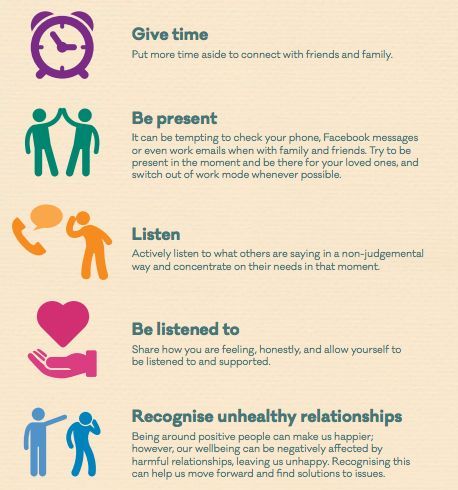Maintaining supportive relationships is crucial for everyone, but it is particularly important for men’s emotional well-being. Men, just like women, experience a range of emotions, although society often puts pressure on them to suppress their feelings. Having strong emotional support networks and nurturing relationships can play a significant role in improving men’s overall well-being while challenging traditional gender norms. In this article, we will explore the importance of supportive relationships for men and how they contribute to their emotional well-being.
Breaking the Stereotype: Men and Emotional Expression
For many years, society has reinforced the idea that men should be stoic, unemotional, and strong. This narrow view of masculinity has perpetuated harmful stereotypes, making men less likely to express their emotions or seek emotional support. However, these societal expectations neglect the fact that men, just like women, have a myriad of emotions that need to be acknowledged and addressed. This is where supportive relationships come into play. Establishing open and understanding connections with friends, family, partners, or support groups can create safe spaces for men to express themselves authentically without fear of judgment or criticism. Sharing their worries, fears, and anxieties can provide immense relief and dramatically improve their emotional well-being.
Enhancing Emotional Well-being Through Connection
Supportive relationships have the power to positively impact men’s emotional well-being in a variety of ways:
1. Validation and Empathy
When men have supportive relationships, they receive validation and empathy. Being heard and understood helps validate their emotions, reducing feelings of isolation and fostering a sense of belonging. Knowing that someone empathizes with their experiences helps men feel accepted and less alone in their emotional journey.
2. Stress Reduction
Maintaining supportive relationships allows men to ventilate their stress and seek practical advice. Sharing burdens and worries with trusted individuals can alleviate anxiety and prevent the build-up of emotional pressure. Simply talking through difficulties and challenges can lead to a fresh perspective and alleviate stress.
3. Emotional Growth and Development
Through supportive relationships, men are encouraged to explore their emotions and develop a deeper understanding of themselves. Open conversations with trusted individuals can lead to insights and newfound emotional intelligence. Emotionally supportive relationships provide opportunities for personal growth and development, challenging the notion that vulnerability is a sign of weakness.
The Role of Communication and Vulnerability
“Real men don’t cry.” This mindset has long hindered men from embracing vulnerability and authentic expression. But breaking down these barriers is essential for nurturing supportive relationships. Effective communication is the hallmark of any healthy relationship. Men need to feel comfortable expressing their emotions without the fear of judgment or invalidation. Cultivating emotional intimacy in relationships encourages open dialogue, active listening, and mutual support. It is essential for men to recognize that expressing their emotions is a sign of strength and courage, not weakness.
Supportive relationships play a vital role in promoting emotional well-being for men. By challenging the stereotypes that stifle emotional expression, men can forge deeper connections and experience the numerous benefits. Creating an environment where vulnerability is embraced and emotions are listened to and validated can greatly contribute to their overall happiness and mental well-being. It is time to break free from societal expectations and foster relationships that encourage men to freely express themselves.

